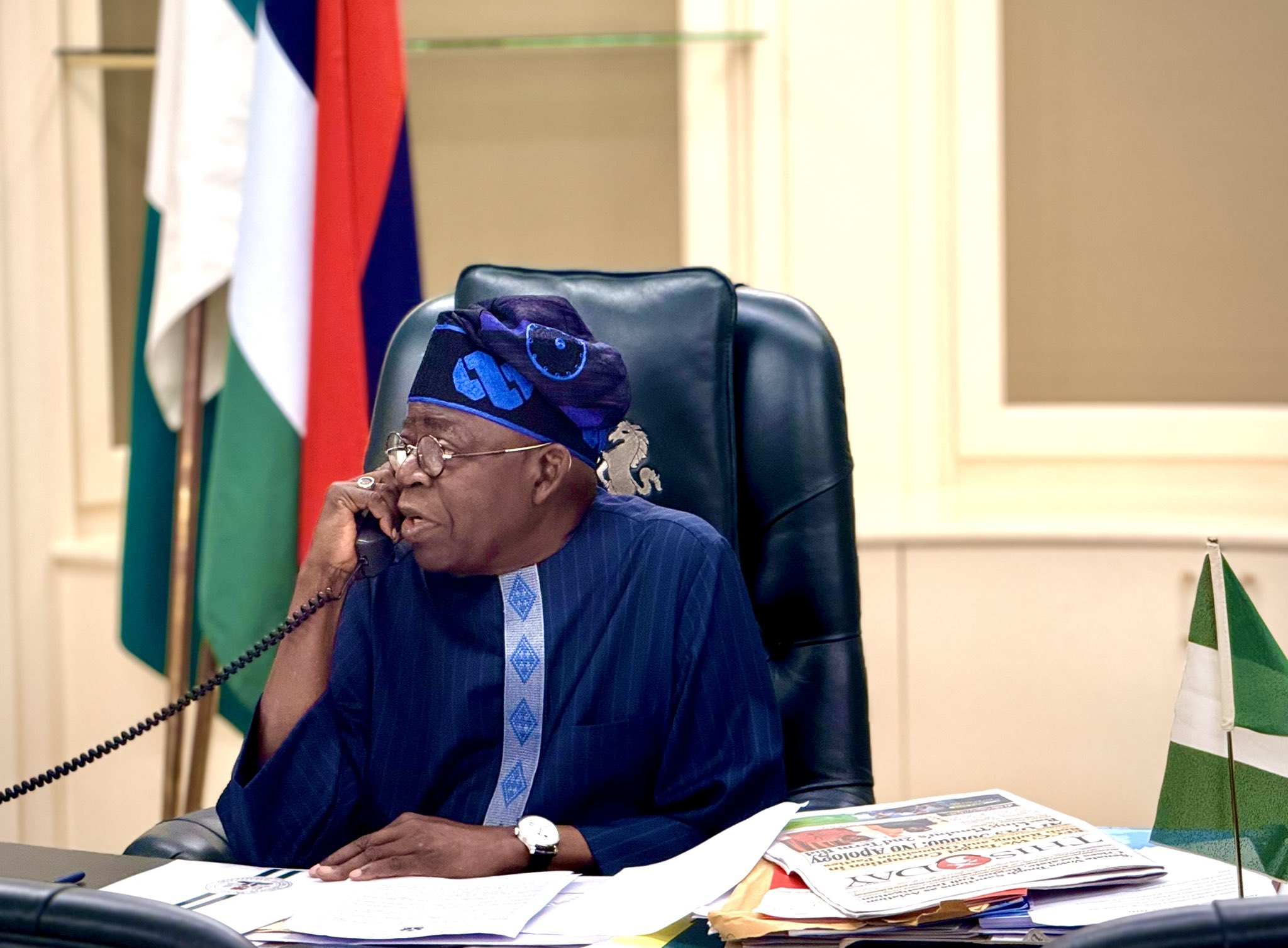President Bola Ahmed Tinubu has announced the specific roles for five new executive directors on the Board of the North Central Development Commission (NCDC), a move intended to boost the commission’s capacity in driving development across Nigeria’s North Central region.
The Significance of the Appointments
This development, which was officially communicated by the spokesperson for the Office of the Secretary to the Government of the Federation (OSGF), Segun Imohiosen, is expected to shape the NCDC’s approach to tackling longstanding socio-economic challenges facing the North Central zone—home to states like Benue, Kogi, Kwara, Nasarawa, Niger, and Plateau, as well as the Federal Capital Territory (FCT).
These appointments come at a time when regional commissions are playing increasing roles in Nigeria’s development, mirroring the efforts of similar agencies established in other regions like the Niger Delta Development Commission (NDDC).
Who Are the New Executive Directors and What Are Their Mandates?
- Hajia Biliquis Jumoke Sanni is now tasked with leading Administration and Human Resources, reinforcing the commission’s internal operations and workforce development.
- Aisha Rufai Ibrahim will guide Commercial and Industrial Development, a crucial portfolio with the potential to spur economic growth and create jobs in the North Central.
- James Abel Uloko has been assigned to oversee Corporate Services, expected to streamline essential services and improve the commission’s overall efficiency.
- Prof. Muhammad Bashar takes responsibility for Finance, putting him at the helm of budgeting, fiscal management, and ensuring that funds are allocated to projects that have real community impact.
- Princess Atika Ajanah is now in charge of Projects, where she is mandated to oversee the implementation and monitoring of new developmental initiatives.
Understanding the NCDC and Its Role in Regional Development
The North Central Development Commission (NCDC) was established to address decades of developmental imbalance and infrastructural deficits across the North Central states, which have struggled with issues ranging from insecurity to underinvestment in critical social services.
Much like its counterpart in the Niger Delta, the NCDC operates as an interventionist agency, partnering with federal and state governments, private organizations, and international development partners. Its mandate includes:
- Accelerating infrastructural renewal—roads, schools, hospitals, water supply.
- Boosting local industries and entrepreneurship to reduce unemployment.
- Promoting peacebuilding initiatives in conflict-prone areas.
- Facilitating community-based projects for sustainable development.
Potential Impact of the New Executive Team
Nigerian policy analysts have noted that the NCDC’s success will depend heavily on the expertise and leadership of its new executive directors. By clearly assigning these portfolios, President Tinubu’s administration aims to foster greater accountability and specialization within the commission’s management structure.
A Lagos-based development consultant, Enitan Olagunju, explained, “The NCDC has a critical role in tackling the economic disparity in the North Central. Clear leadership roles should help in faster, more effective project delivery and ensure that the commission’s intervention reaches intended beneficiaries at the grassroots.”
Local and Regional Reactions
The reaction from various stakeholders in the North Central region has been cautiously optimistic. Community leaders from Plateau and Benue States have called on the newly appointed executives to prioritize rural infrastructure, transparency in fund allocation, and the empowerment of youth and women through skills development programs.
Meanwhile, women’s groups have celebrated the prominent appointments of Hajia Biliquis Jumoke Sanni and Aisha Rufai Ibrahim, emphasizing that greater gender inclusion at high levels of government can influence policies that address the particular needs of women and children in the region.
Comparison With Other Regional Commissions
While the NCDC remains relatively young compared to the NDDC or the North East Development Commission (NEDC), expectations are high. Historically, regional commissions in Nigeria have faced hurdles such as bureaucratic bottlenecks, resource mismanagement, and political interference.
Observers note that focused leadership and transparent management are essential to overcome these issues and ensure that the NCDC fulfills its vision. “Lessons must be learned from both successes and failures of other commissions,” warned Dr. Samuel Adewale, an Abuja-based policy analyst. He advises the new board to “engage regularly with local communities and avoid project duplication.”
What Lies Ahead for the North Central?
As the NCDC’s new leadership settles into their roles, much will depend on how quickly and effectively they implement projects aimed at addressing the region’s most pressing needs—ranging from road rehabilitation and improved healthcare to agricultural development and tackling youth unemployment.
Many stakeholders in the zone hope these appointments will mean more focused interventions, better project monitoring, and less bureaucracy. As Dr. Maryam Musa from the University of Ilorin noted, “Regional development agencies can only deliver results if the right people are empowered with clear mandates and held accountable for tangible outcomes.”
Global and West African Context
Nigeria’s approach to regional development is being closely watched by other West African countries with similar structural challenges. Effective leadership, transparency, and community engagement in agencies like the NCDC could serve as models for regional development organizations in the subcontinent.
International donors and development organizations may also see these appointments as an indication of renewed focus on strategic partnerships—potentially opening doors for greater investment in the future of Nigeria’s central states.
The Next Steps and Community Involvement
Nigerians, especially those living in the North Central, are being urged to keep close tabs on the new directors and actively participate in community feedback mechanisms. Stakeholders from local government and traditional institutions are also encouraged to collaborate with the NCDC to ensure that interventions are in line with actual needs on the ground.
As the directors formally assume their duties, the spotlight will be on how well they can turn policy into progress—a task that will require not just expertise, but openness, inclusivity, and a genuine commitment to the people.
What are your thoughts on the new NCDC executive team and their potential impact on development in North Central Nigeria?
Share your views in the comments, and let’s keep the conversation going about how regional agencies can best serve our communities.
Got a story, hot tip, or opinion piece about development in your area? We would love to hear from you! You can get your story featured or even sell exclusive stories—just email us at story@nowahalazone.com.
Need general support, or want to discuss further? Reach out anytime at support@nowahalazone.com.
Be part of our growing community! Follow us for more updates and engaging discussions on Facebook, X (Twitter), and Instagram.










